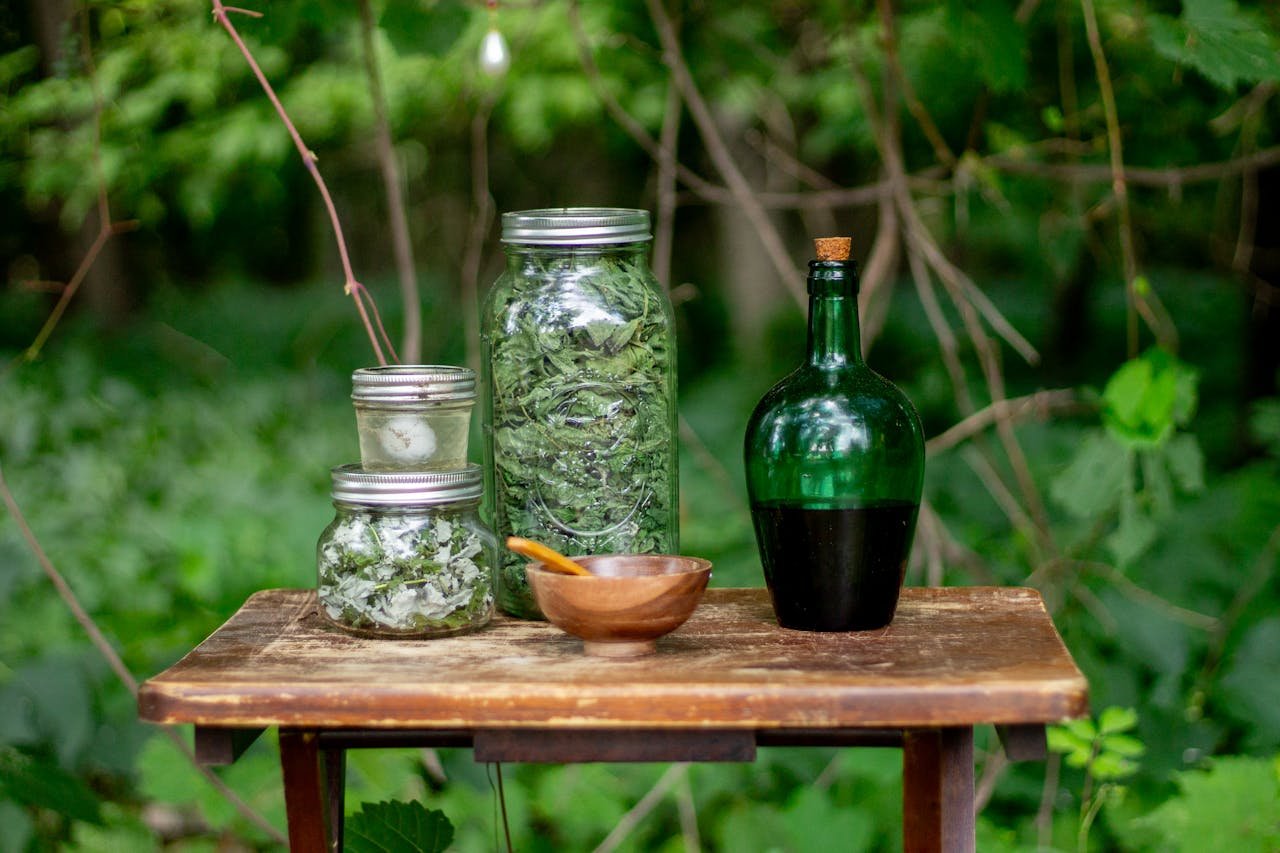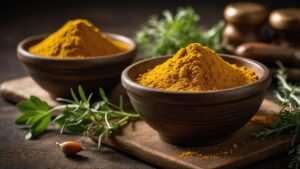Natural face masks are an excellent way to nourish your skin and combat acne without the use of harsh chemicals. These masks utilize ingredients you can find right in your kitchen, making them an affordable and accessible option. By incorporating natural ingredients like honey, clay, and aloe vera, you can create masks that target acne at its source.

DIY face masks not only help to reduce the appearance of acne but also promote overall skin health. They provide a range of benefits, from exfoliation to hydration, and are easy to customize based on your skin’s needs. Let’s explore some of the most effective natural face mask recipes that can help you achieve clearer skin.
1. Honey and Cinnamon Mask: Antibacterial Duo
Honey and cinnamon are a powerful combination when it comes to fighting acne. Honey is known for its natural antibacterial and anti-inflammatory properties, while cinnamon enhances circulation and helps to kill acne-causing bacteria.
Benefits of Honey and Cinnamon Mask
- Antibacterial: Both honey and cinnamon have natural antibacterial properties that help reduce acne-causing bacteria on the skin.
- Anti-inflammatory: Honey helps to reduce inflammation and redness associated with acne.
- Moisturizing: Honey acts as a natural humectant, drawing moisture into the skin.
How to Make and Apply
- Mix 2 tablespoons of raw honey with 1 teaspoon of cinnamon powder.
- Apply the mixture to clean skin, avoiding the eye area.
- Leave it on for 10-15 minutes, then rinse with warm water.
This mask can be used once or twice a week to keep acne at bay and promote a clearer complexion.
2. Turmeric and Yogurt Mask: Brightening and Soothing
Turmeric is a potent anti-inflammatory and antibacterial agent, making it an excellent choice for treating acne. When combined with yogurt, which contains lactic acid and probiotics, this mask helps to soothe irritated skin and reduce breakouts.
Turmeric and Yogurt Mask Benefits
- Anti-inflammatory: Turmeric helps to reduce the redness and swelling associated with acne.
- Antibacterial: It kills bacteria on the skin’s surface, preventing new breakouts.
- Exfoliating: The lactic acid in yogurt gently exfoliates the skin, removing dead skin cells that can clog pores.
Recipe and Usage
- Mix 1 tablespoon of plain yogurt with 1 teaspoon of turmeric powder.
- Apply the mask to your face and let it sit for 15-20 minutes.
- Rinse off with lukewarm water, gently massaging in circular motions.
This mask can be applied once a week to help brighten your skin and reduce the appearance of acne.
3. Aloe Vera and Lemon Mask: Healing and Clarifying
Aloe vera is renowned for its soothing and healing properties, while lemon juice acts as a natural astringent and clarifying agent. Together, they create a mask that helps to heal acne and fade scars.
Aloe Vera and Lemon Mask Benefits
- Healing: Aloe vera helps to reduce inflammation and promote the healing of acne lesions.
- Clarifying: Lemon juice acts as a natural exfoliant, removing dead skin cells and brightening the skin.
- Oil Control: Lemon helps to balance the skin’s oil production, preventing future breakouts.
Application Instructions
- Mix 2 tablespoons of fresh aloe vera gel with 1 teaspoon of lemon juice.
- Apply the mixture to your face, avoiding the eyes.
- Leave it on for 10-15 minutes, then rinse with cool water.
Use this mask once a week for best results, as lemon can be drying if used too frequently.
4. Oatmeal and Honey Mask: Gentle Exfoliation
Oatmeal is a gentle exfoliant that helps to remove dead skin cells and unclog pores, while honey provides antibacterial and moisturizing benefits. This mask is perfect for those with sensitive, acne-prone skin.
Benefits of Oatmeal and Honey Mask
- Exfoliating: Oatmeal gently exfoliates the skin, removing impurities and dead skin cells.
- Soothing: It also has anti-inflammatory properties, which help to calm irritated skin.
- Moisturizing: Honey helps to retain moisture, keeping the skin hydrated.
How to Use
- Mix 2 tablespoons of finely ground oatmeal with 1 tablespoon of raw honey.
- Apply the mixture to damp skin and gently massage in circular motions.
- Leave the mask on for 10 minutes before rinsing with warm water.
This mask can be used up to twice a week for gentle exfoliation and hydration.
5. Green Tea and Clay Mask: Detoxifying and Mattifying
Green tea is rich in antioxidants and has anti-inflammatory properties, making it an excellent ingredient for acne-prone skin. When combined with clay, which helps to draw out impurities and absorb excess oil, this mask becomes a powerful acne-fighting treatment.
Green Tea and Clay Mask Benefits
- Antioxidant-rich: Green tea helps to protect the skin from free radical damage and reduce inflammation.
- Detoxifying: Clay helps to draw out toxins and impurities from the pores.
- Oil Control: This mask absorbs excess oil, helping to prevent future breakouts.
Preparation and Application
- Brew a cup of green tea and let it cool.
- Mix 2 tablespoons of green clay powder with enough green tea to form a paste.
- Apply the mask to your face and let it dry for 15-20 minutes.
- Rinse off with warm water and pat your skin dry.
Use this mask once a week to detoxify your skin and keep acne under control.
6. Apple Cider Vinegar and Bentonite Clay Mask: Deep Pore Cleansing
Apple cider vinegar is known for its ability to balance the skin’s pH and fight bacteria, while bentonite clay draws out impurities and tightens pores. This mask provides a deep cleanse for acne-prone skin.
Benefits of Apple Cider Vinegar and Bentonite Clay Mask
- Balancing: Apple cider vinegar helps to balance the skin’s pH, making it less susceptible to acne-causing bacteria.
- Deep Cleansing: Bentonite clay penetrates deep into the pores, removing impurities and toxins.
- Tightening: This mask helps to tighten and minimize the appearance of pores.
How to Make and Apply
- Mix 1 tablespoon of bentonite clay with enough apple cider vinegar to form a smooth paste.
- Apply the mask to your face, avoiding the eye area.
- Let it dry for 10-15 minutes, then rinse off with lukewarm water.
This mask is best used once every two weeks, as it provides a deep cleanse and can be drying if overused.
Conclusion
DIY natural face masks are an effective and affordable way to combat acne while providing your skin with essential nutrients. These masks utilize simple ingredients that offer antibacterial, anti-inflammatory, and moisturizing benefits. By incorporating these masks into your weekly skincare routine, you can help reduce the appearance of acne and promote a clearer complexion.
Remember to perform a patch test before applying any mask to your face to ensure you do not have an allergic reaction to the ingredients. Consistency is key, so make these masks a regular part of your skincare regimen for the best results.
External Links:









